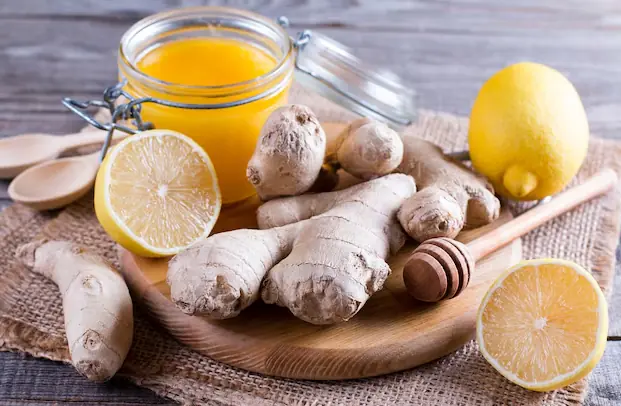
10 Astonishing Benefits of Euphorbia Hirta You Need to Know
What If a Common Weed Could Transform Your Health? Discover the Power of Euphorbia Hirta
Imagine finding a healing herb not in a remote jungle, but on the roadside or in your backyard. Euphorbia hirta, commonly known as asthma weed, is often overlooked as an ordinary weed. Yet this humble plant holds extraordinary medicinal potential. Though more than 80% of people dismiss it as useless, traditional systems like Ayurveda and folk medicine have tapped into its therapeutic power for centuries.
From easing asthma to healing skin infections, Euphorbia hirta is a botanical multitasker. Rich in flavonoids, tannins, and alkaloids, it offers a broad range of benefits: anti-inflammatory, antioxidant, antimicrobial, and more. Modern research supports its traditional uses, even showing promise in treating respiratory problems, digestive disorders, and viral infections such as dengue fever.
In this article, you'll explore 10 science-backed reasons to include Euphorbia hirta in your wellness routine, along with safe and practical ways to use it. Whether you're dealing with a cough or just want to support your immune system naturally, this guide will help you tap into the healing power of this underestimated herb.
A Hidden Gem Rich in Healing Compounds
Euphorbia hirta is a small annual herb from the Euphorbiaceae family. Thriving in tropical climates across Asia, Africa, and Australia, it grows easily in disturbed soil, roadsides, and home gardens. With purple-tinted leaves, hairy stems, and a milky white sap, it may not look impressive—but beneath its modest appearance lies a rich phytochemical profile.
Key Bioactive Compounds:
-
Flavonoids like quercetin reduce inflammation and support the immune system.
-
Tannins soothe the digestive tract and tighten tissue (astringent).
-
Alkaloids and terpenoids provide antibacterial, antiviral, and antifungal benefits.
A 2020 study in Food Chemistry reported that Euphorbia hirta’s antioxidant activity surpasses many common medicinal herbs, making it a potent ally against oxidative stress, aging, and inflammation-related diseases.
Each part of the plant—leaves, stems, roots, flowers, and sap—serves a different medicinal purpose. With only 20 calories per 100g, it's a low-calorie way to boost wellness naturally.
Key Compounds in Euphorbia Hirta
| Compound | Health Benefit | Found In |
|---|---|---|
| Quercetin | Anti-inflammatory, antiviral, antioxidant | Leaves, stems |
| Tannins | Astringent, digestive support | Leaves, roots |
| Alkaloids | Antibacterial, antimicrobial | Whole plant |
| Terpenoids | Wound healing, antifungal | Sap, leaves |
| Polyphenols | Antioxidant, boosts immunity | Leaves |
1. Relieve Respiratory Issues Naturally
Euphorbia hirta has long been used for asthma, bronchitis, and chronic coughs—hence its nickname asthma weed. It acts as a natural bronchodilator, relaxing bronchial muscles and opening up airways. A 2022 study in BioMed Research International showed that its extracts reduced airway inflammation and improved breathing in animal models.
Real-Life Example:
Aisha, a 38-year-old teacher, had chronic bronchitis. After drinking Euphorbia hirta tea for a week, her coughing reduced significantly, and she experienced better airflow.
How to Use:
-
Steep 1–2 teaspoons of dried leaves in hot water for 10 minutes.
-
Drink up to twice daily.
-
For nasal relief, inhale steam from a decoction or mix the tea with honey for a soothing syrup.
2. Ease Digestive Discomfort and Bloating
Suffering from diarrhea, indigestion, or bloating? Euphorbia hirta’s tannins and antimicrobial agents make it effective for calming the digestive tract. A 2020 study in BMC Complementary Medicine and Therapies found that its extract reduced intestinal parasites and regulated bowel function in mice.
Case Study:
Raj, a 45-year-old farmer, used Euphorbia hirta tea after a bout of food poisoning. Within three days, his symptoms of dysentery subsided.
Digestive Uses:
-
Drink tea made with 1 teaspoon of dried leaves to relieve cramps or diarrhea.
-
Mix a small amount of powdered herb with honey or yogurt for gut healing.
-
Gargle a mild decoction for mouth ulcers.
3. Promote Skin Healing and Treat Infections
Euphorbia hirta is a go-to remedy for cuts, wounds, boils, and fungal infections like ringworm or athlete's foot. Thanks to its anti-inflammatory and antibacterial properties, it speeds up healing and reduces the risk of infection.
A 2017 study showed that ethanolic extracts of the plant helped close wounds faster in diabetic rats. It also helps relieve eczema and itchy rashes.
Example:
Lisa, a 30-year-old hiker, applied crushed Euphorbia hirta leaves to a cut. It healed more quickly, with reduced swelling and redness.
Skin Applications:
-
Apply a crushed leaf poultice to wounds or boils.
-
Use diluted sap on fungal infections.
-
Mix with coconut oil or aloe vera to soothe eczema-prone skin.
4. Boost Immunity and Fight Viral Infections
Research shows that Euphorbia hirta can support immunity and help fight viral illnesses, including dengue and influenza. A 2019 study in Foods found it increased platelet counts in dengue-infected rats and fought off common pathogens like Staphylococcus aureus and Candida albicans.
Example:
Priya, a 29-year-old office worker, took Euphorbia hirta tincture during flu season. She noticed improved energy and avoided catching her usual winter cold.
Immune Support Tips:
-
Take 1–2 drops of tincture in water once daily.
-
Combine with ginger and honey for added antiviral action.
-
Drink tea during cold and flu season for preventative care.
5. Regulate Blood Sugar and Reduce Inflammation
Euphorbia hirta may benefit those managing diabetes or inflammation-related conditions like arthritis. A 2020 study in Foods found that its extract improved insulin sensitivity and reduced blood glucose in rats. Its flavonoids also help reduce joint swelling and chronic pain.
Testimonial:
John, 50, incorporated Euphorbia hirta tea into his morning routine. After two months, his blood sugar stabilized, and his joint discomfort lessened.
How to Use:
-
Drink one cup of tea daily for glucose support.
-
Apply a warm poultice to aching joints.
-
Use tincture with medical supervision if on diabetes medication.
How to Safely Use Euphorbia Hirta
Despite its benefits, Euphorbia hirta is potent. Follow these guidelines to ensure safe use:
General Safety Tips:
-
Start with low doses: 1 tsp dried leaves (for tea) or 1–2 drops of tincture.
-
Avoid during pregnancy or breastfeeding – it may cause uterine contractions.
-
Do a patch test before applying to skin.
-
Avoid large doses to prevent nausea or dizziness.
How to Prepare:
-
Harvest from clean, pesticide-free areas.
-
Dry in the shade, store in an airtight container for up to 6 months.
-
Use dried leaves for tea, fresh leaves for poultices, and tincture for internal use.
Preparation Methods at a Glance
| Method | How to Do It | Best For |
|---|---|---|
| Tea | Steep 1–2 tsp dried leaves in hot water | Respiratory, digestive health |
| Poultice | Crush fresh leaves and apply to skin | Wounds, skin infections |
| Tincture | Use 1–2 drops in water | Immune support, blood sugar |
| Decoction | Boil leaves for 15 mins, inhale or gargle | Nasal relief, oral health |
Frequently Asked Questions
Is Euphorbia hirta safe for everyone?
Not for pregnant or breastfeeding women, or those allergic to Euphorbiaceae. Consult your doctor if you have gut issues or take medication.
How much should I use?
Start with small doses: 1 tsp dried leaves (tea) or 1–
News in the same category


It grows everywhere, but this stunning plant hides a dark and dangerous secret… 💬👀

You Thought This Flower Was Just Decorative – Think Again…

Never Throw Away Strawberry Leaves: 17 Powerful Reasons Your Whole Family Will Need Them.

🌱 Discover Papaya Seeds: Nature’s Tiny Powerhouse for Total Wellness
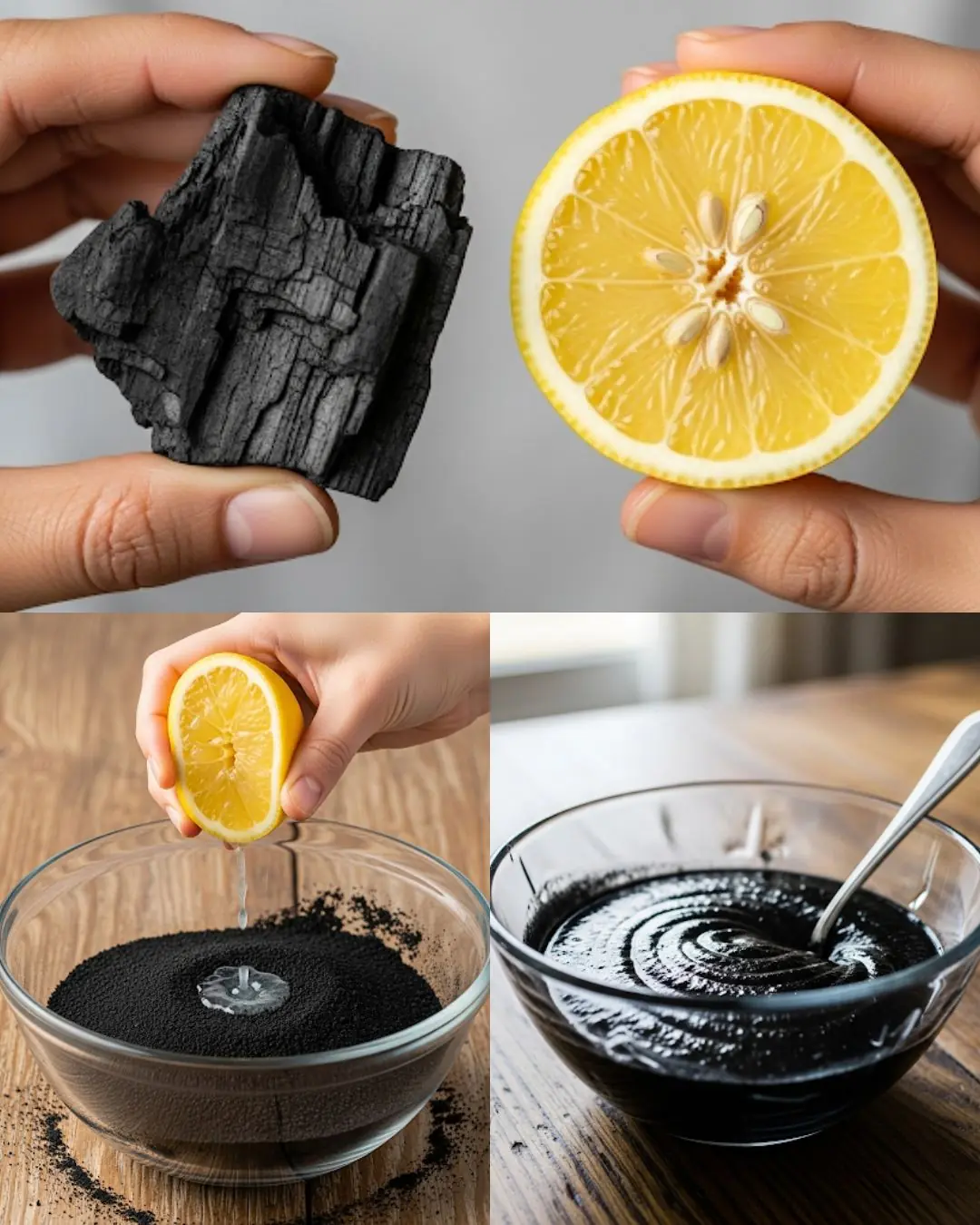
The Magic of Lemon Juice and Activated Charcoal: Natural DIY Solutions for Skin and Teeth
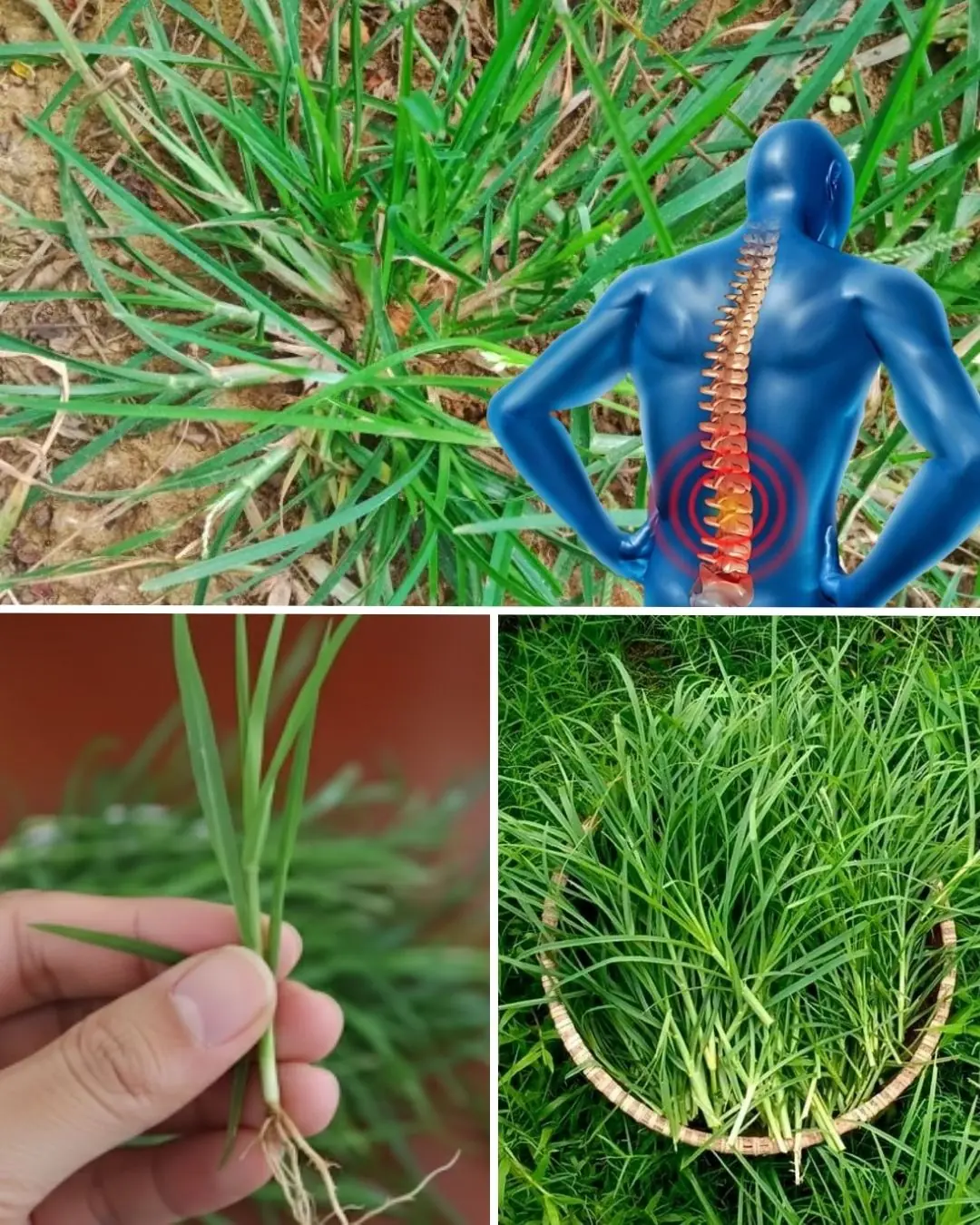
Goosegrass: Nature’s Hidden Wellness Secret
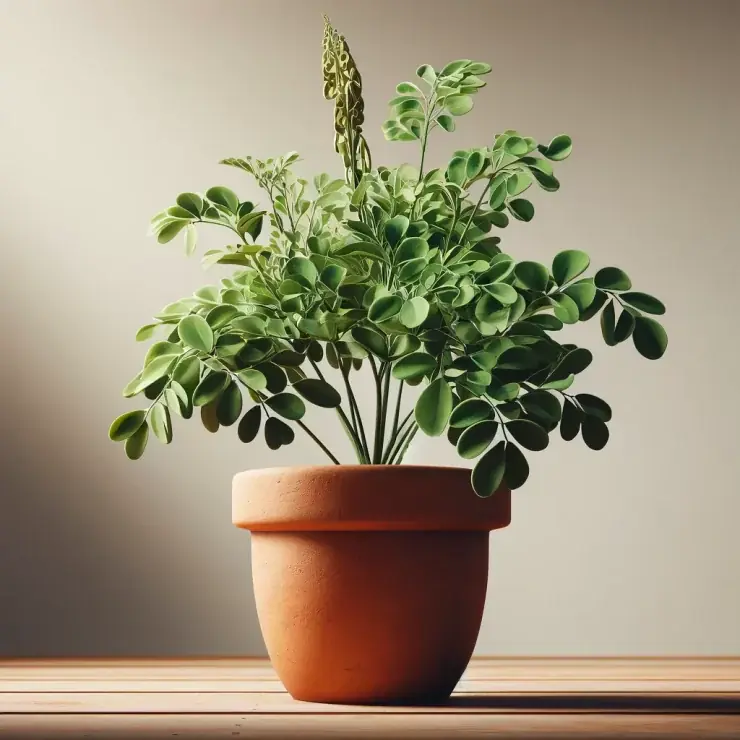
Discover The Miraculous Benefits of Moringa

🚨 ALERT! 7 Strange Signs Your Kidneys Are Crying for Help
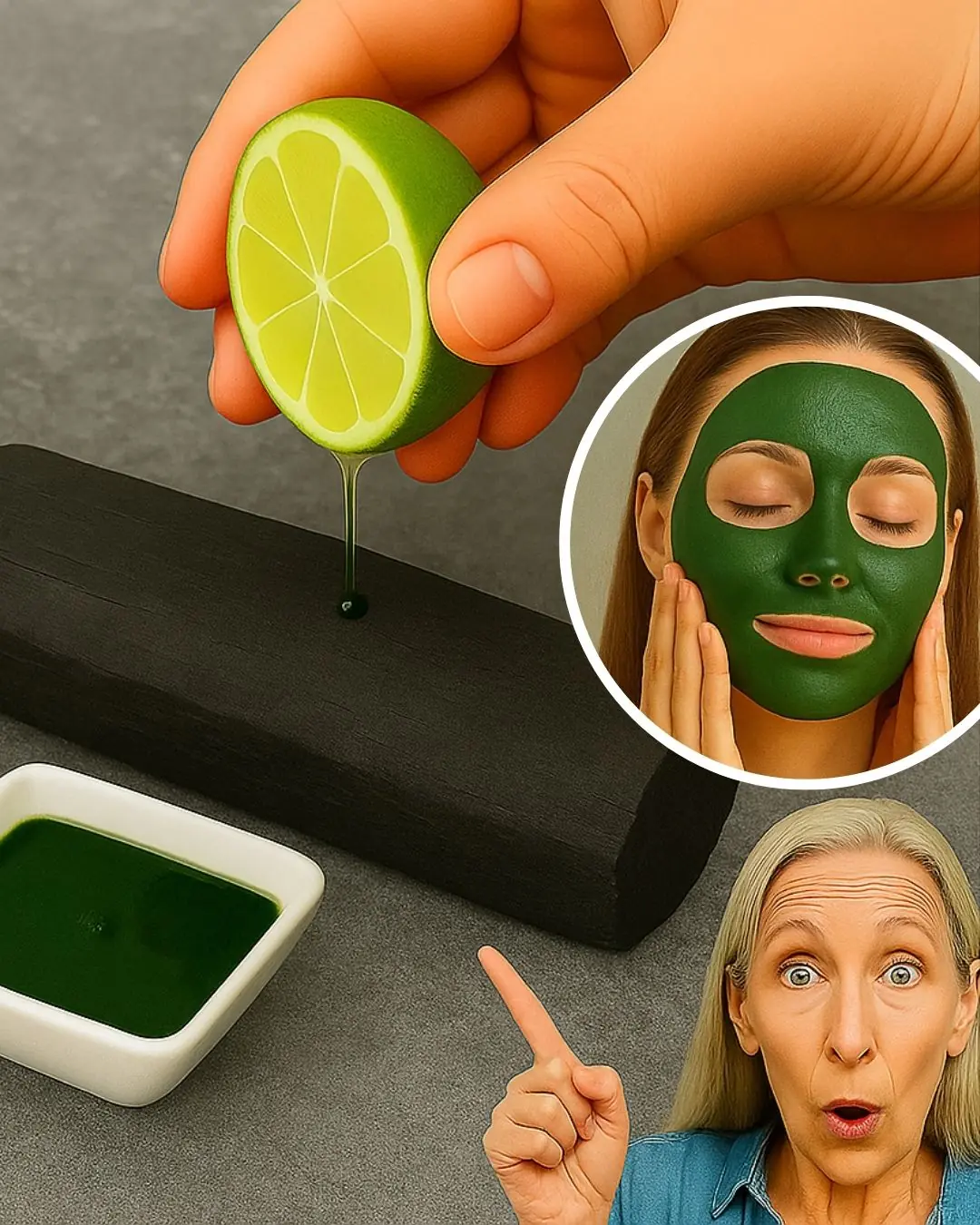
7 Surprising Benefits of Lemon and Activated Charcoal
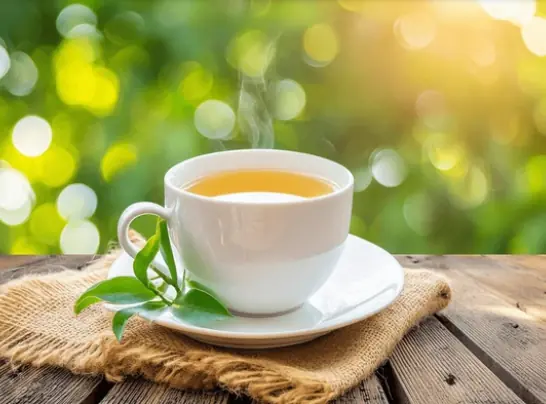
The Best Tea for Mornings and After Dinner: A Powerful Blend for Health
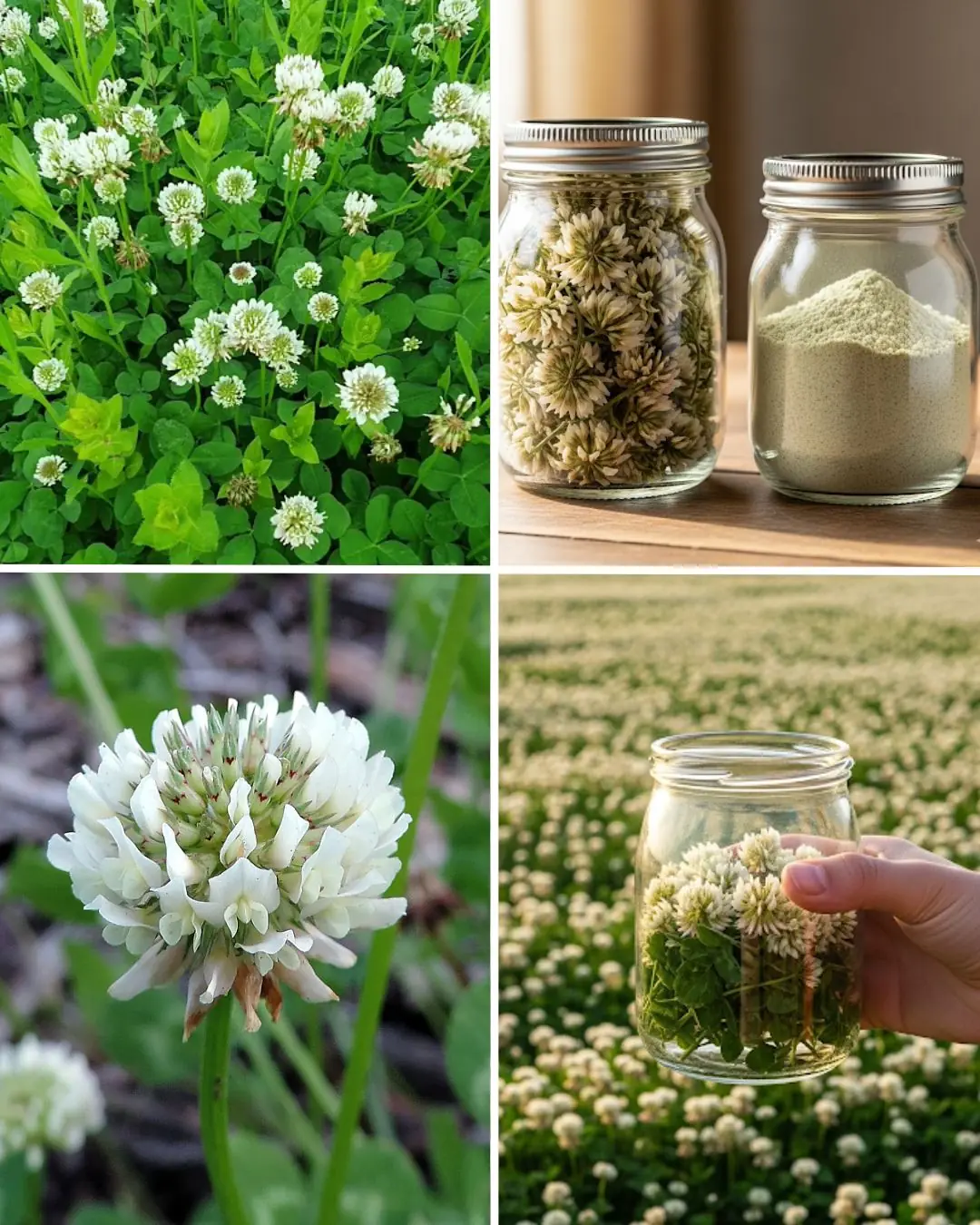
White Clover (Trifolium repens): 15 Benefits and Homemade Uses

18 Powerful Foods That Help Detox Your Kidneys and Cleanse Them Naturally

🥚 What Happens to Your Body When You Eat 2 Eggs Every Day?

11 Benefits of Drinking Okra Water Every Day

Seniors: Take This for 5 Nights and See What Comes Out in Your Stool!

She Couldn’t Walk and Now Runs Like a Teenager! Cleanse Your Intestines and Liver with Ginger, Lemon, and Carrot
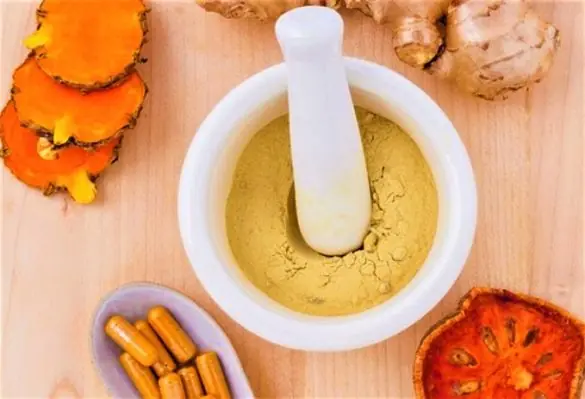
Homemade Herbal Bath Powder For Clear Skin: Bridal Skincare Ubtan
News Post

Tomato Benefits for Skin – Rub Tomato Slice on Face

Science Reveals How This Physical Trait May Indicate Narcissism

Nighttime Habits That Increase Your Risk of Stroke

Add a few drops of essential oil to the water used to clean the floor. Knowing the benefits, every family wants to follow suit.

Put garlic at the bedside, its "golden" uses, anyone who reads this will want to try it.

Honey, Lemon, Onion, Garlic & Ginger: The Daily Spoonful That Works Wonders
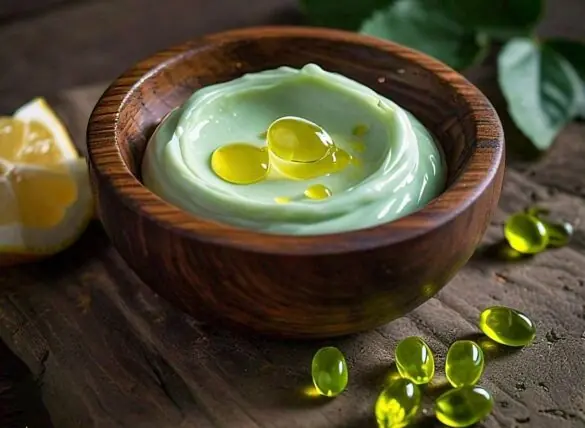
Vitamin E Oil uses for Skin – Glowing Skin, Dark Circles & Wrinkles

4 toxic plastic items

The Chicken Seller Said: "These 3 Types of Chicken Meat, No Matter How Cheap They Are, I Never Buy..."

4 Signs Your Kidneys Might Be in Serious Trouble
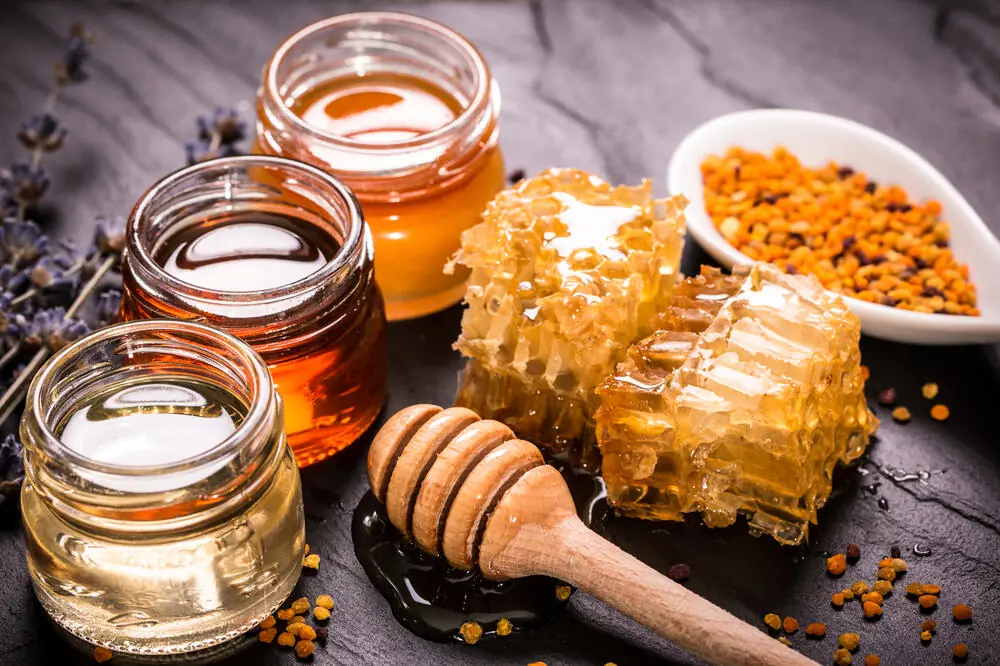
The Potent Remedy: Turmeric and Honey as a Natural Antibiotic

If Your Legs Cramp at Night, You Need to Know This Immediately!

Hanging a Towel on the Door Handle Before Bed: Unexpected Benefits That Few People Know

Why You Should Always Close Your Bedroom Door Before Going to Sleep

The FIRST Sign of HIGH BLOOD SUGAR Is…

The Shocking Effects of Sleeping Less Than 7 Hours

Scientists Have Discovered a “Kill Switch” in The Body That Can Destroy Any Cancer Cell

Snoring Isn't Just Annoying: It Could Be a Serious Health Warning

It grows everywhere, but this stunning plant hides a dark and dangerous secret… 💬👀
